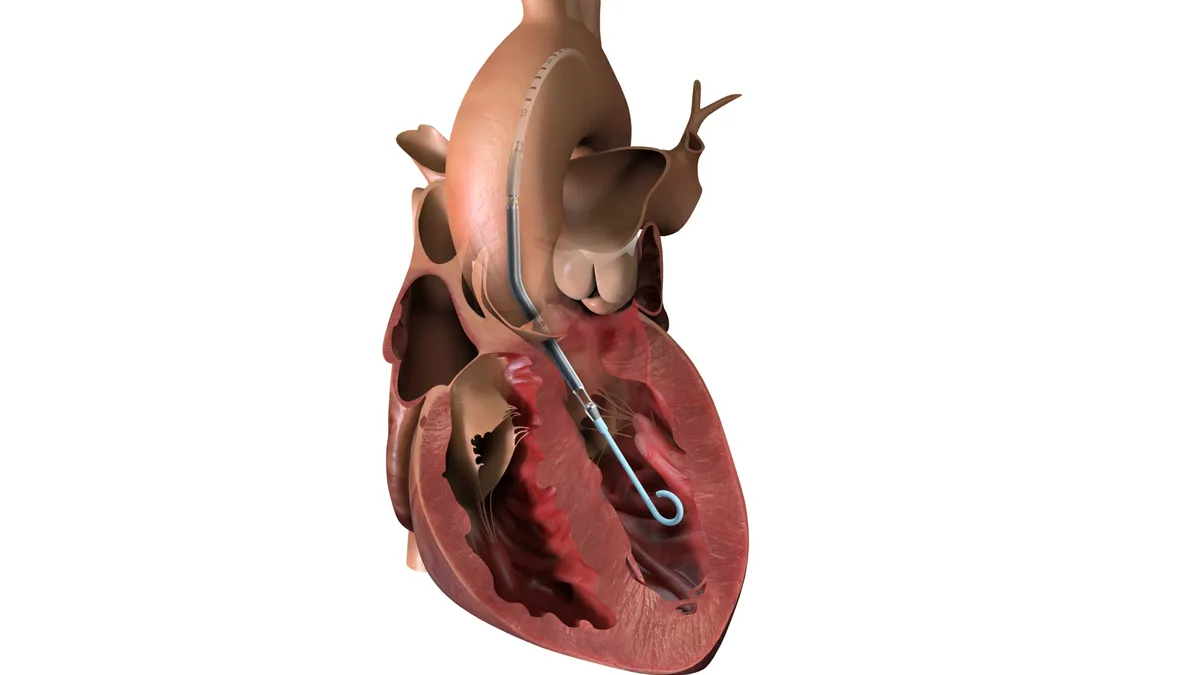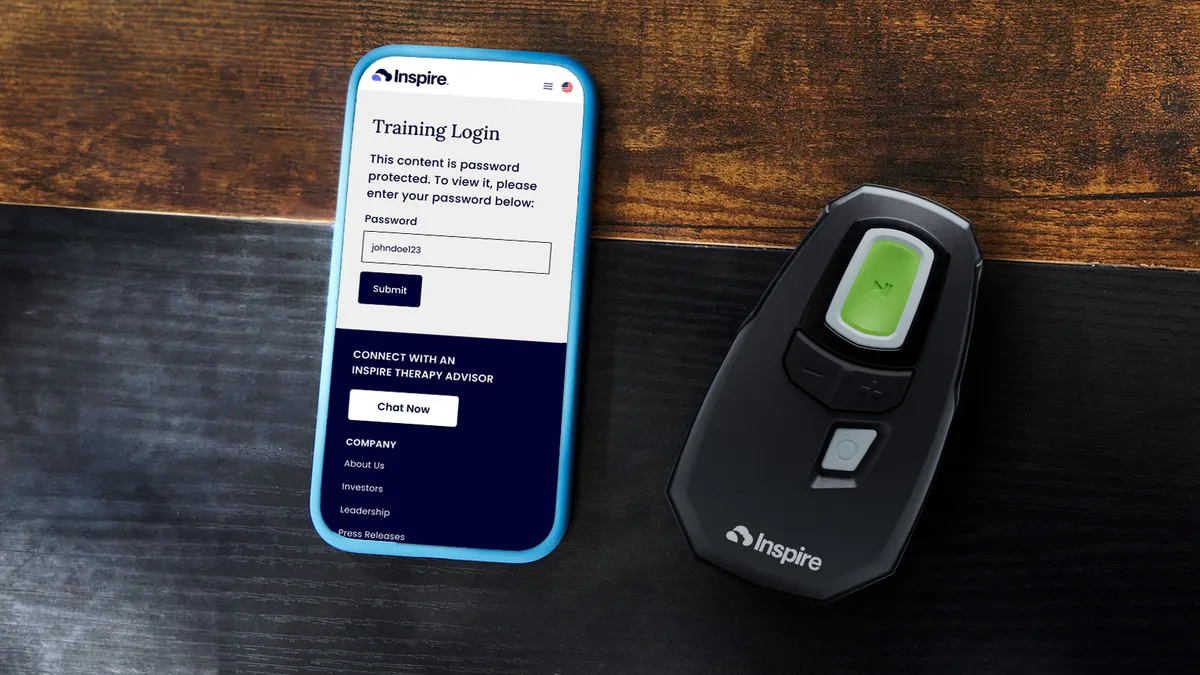FDA has granted breakthrough status to two medical devices aimed at Alzheimer's disease patients in its latest batch of designations. The agency also awarded regulatory privileges to a clutch of device developers hoping to compete for the cardiovascular disease market.
Drug developers have so far failed to improve outcomes in Alzheimer's patients, resulting in the emergence of a major unmet medical need amid an aging population. The need for interventions that work has attracted Cognito Therapeutics and the Boston Scientific-backed Functional Neuromodulation, both of which have recently picked up FDA breakthrough designations.
FDA awarded the status to Boston Scientific's Vercise deep brain stimulation (DBS) systems in people aged 65 years and older with mild probable Alzheimer's. Functional Neuromodulation, which is in a strategic investment partnership with Boston Scientific, is studying Vercise in the indication.
Boston Scientific sells Vercise in the U.S. as a treatment for motor symptoms associated with Parkinson's disease. The device is CE marked for adjunctive treatment of patients 65 years and older with mild probable Alzheimer's but more data is needed to target the disease in the U.S.
Functional Neuromodulation has worked for years to generate the required data, starting a small clinical trial in 2010 before initiating a pivotal study in 2018. With clinicaltrials.gov listing the primary completion date of the 210-subject pivotal study as October 2023, Functional Neuromodulation has secured a breakthrough status that will position it to benefit from closer interaction with FDA and a speedy review as it works to get the product to market.
Interest in using DBS to treat Alzheimer's dates back more than a decade. In 2008, Andres Lozano, the founding scientist of Functional Neuromodulation, co-authored a paper about the experience of using DBS to treat a patient with morbid obesity. DBS "evoked detailed autobiographical memories," leading the researchers to study the effect of stimulating the fornix in Alzheimer's patients. The fornix, a C-shaped bundle of nerve fibers in the brain, is thought to play an important role in memory.
Functional Neuromodulation disclosed its breakthrough status days before Cognito revealed FDA has granted the designation to its neurostimulation device. The non-invasive product is designed to stimulate the brain at a specific frequency and, in doing so, reactivate the immune system in the brain. Cognito's founders have linked the gamma stimulation to improved spatial and recognition memory and reduced amyloid in mice.
Cognito has also completed enrollment in three clinical trials of the device. In a statement, Tom Megerian, chief medical officer at Cognito, said the breakthrough designation is "recognition of the strength of clinical evidence for our lead product, which demonstrated that Alzheimer's patients in the treatment arm exhibited improved cognitive and functional outcomes compared to placebo."
Targeting cardiovascular disease
The back-to-back disclosures of breakthrough designations of Alzheimer's devices followed a series of statements from developers of cardiovascular disease products. FDA granted breakthrough status to Corvion's fully implanted left ventricular assist device (LVAD), boosting its prospects of challenging Abbott and Medtronic for the market.
FDA awarded breakthrough status to Medtronic's fully implantable LVAD in 2019, before going on to grant the designation to Abbott's rival device in 2020. Corvion CEO Greg Aber acknowledged the competition but expressed confidence in the strength of his product.
"Ultra low pump power consumption, safe implantable grade batteries, single external component wireless charging, enhanced pulsatility and reduced blood trauma are just some of the factors that will differentiate us from competitors in the race, both large and small," Aber said in a statement.
Corvion plans to meet with FDA early this year and expects to "benefit greatly" from the feedback.
Occlutech and P+F Products + Features also disclosed breakthrough nods late last year. FDA awarded the status to Occlutech's implantable atrial flow regulator for pulmonary arterial hypertension (PAH). The implant is designed to address the shortcomings of atrial septostomy currently used to treat advanced PAH.
P+F received the designation for its TricValve Transcatheter Bicval Valves System in patients with hemodynamically relevant tricuspid insufficiency and caval reflux. The self-expanding biological valves are designed to help stabilize patients with symptomatic severe tricuspid regurgitation and heart failure.
Separately, FDA awarded breakthrough designations to Spark Biomedical for its neonatal opioid withdrawal syndrome treatment and to Locate Bio's treatment of chronic osteomyelitis. Spark landed the designation on the potential for its noninvasive transcutaneous electrical nerve stimulator to support the reduction of signs and symptoms of opioid withdrawal. Locate Bio's designation covers a product that combines a fully resorbable bone graft with antibiotics to improve outcomes in patients with inflammatory bone infections.


















